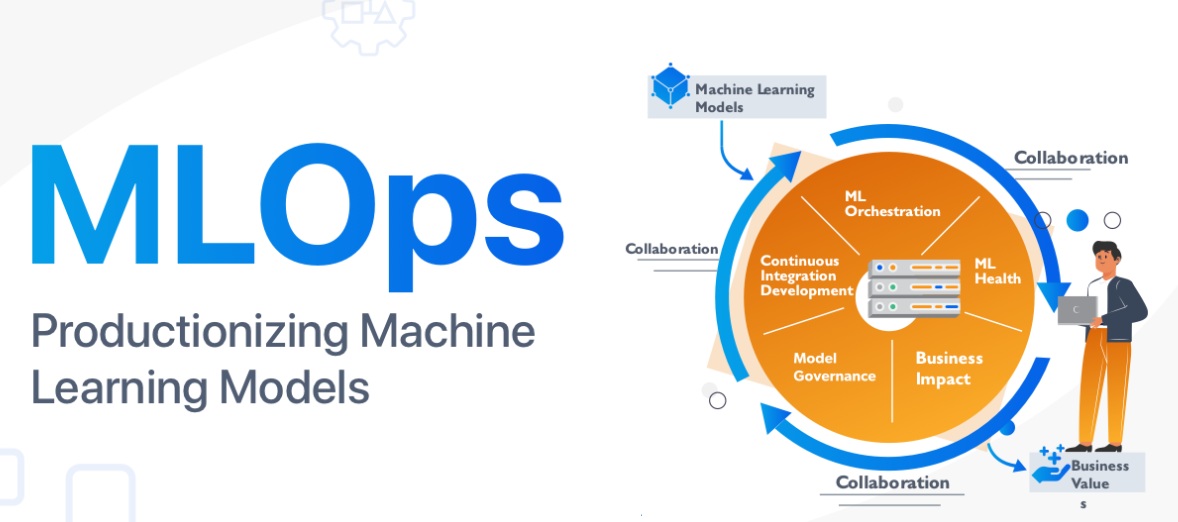Machine Learning Operations (MLOps) is an emerging field that combines machine learning (ML) with DevOps practices to automate and streamline the deployment, monitoring, and management of ML models in production.
Key Components of MLOps
Version Control for Data and Models:
- Data Versioning: Tracking changes in data over time using tools like DVC (Data Version Control).
- Model Versioning: Managing different versions of ML models using tools like MLflow or ModelDB.
- Continuous Integration/Continuous Deployment (CI/CD) for ML:
- CI for ML: Automating the testing of ML models, including code, data, and model validation.
- CD for ML: Automating the deployment of models to production environments using pipelines.
- Infrastructure as Code (IaC):
- Managing ML infrastructure (compute, storage, networking) using IaC tools like Terraform, Ansible, or CloudFormation.
- Ensuring reproducibility and scalability of ML environments.
- Automated Testing
- Unit Testing:- Testing individual components of the ML pipeline.
- Integration Testing:- Ensuring different components of the ML system work together.
- Model Testing:– Validating model performance and accuracy.
- Best Practices in MLOps
- End-to-End Automation:- Automate the entire ML lifecycle, from data ingestion and preprocessing to model deployment and monitoring.
- Reproducibility:- Ensure that experiments and models are reproducible by tracking data, code, and model versions.
- Scalability:- Design systems to handle scale, considering both data and computational requirements.
- Collaboration:- Foster collaboration between data scientists, ML engineers, and operations teams.
- Security and Compliance:- Implement security best practices and ensure compliance with relevant regulations (e.g., GDPR).
- Challenges in MLOps
- Data Management:- Handling large volumes of data, ensuring data quality, and managing data versions.
- Model Management:- Tracking and managing multiple versions of models and their dependencies.
- Scalability:- Scaling ML infrastructure and pipelines to handle growing data and model complexity.
- Integration:- Integrating ML workflows with existing DevOps practices and tools.
- Monitoring:- Continuously monitoring model performance and data drift in production.
